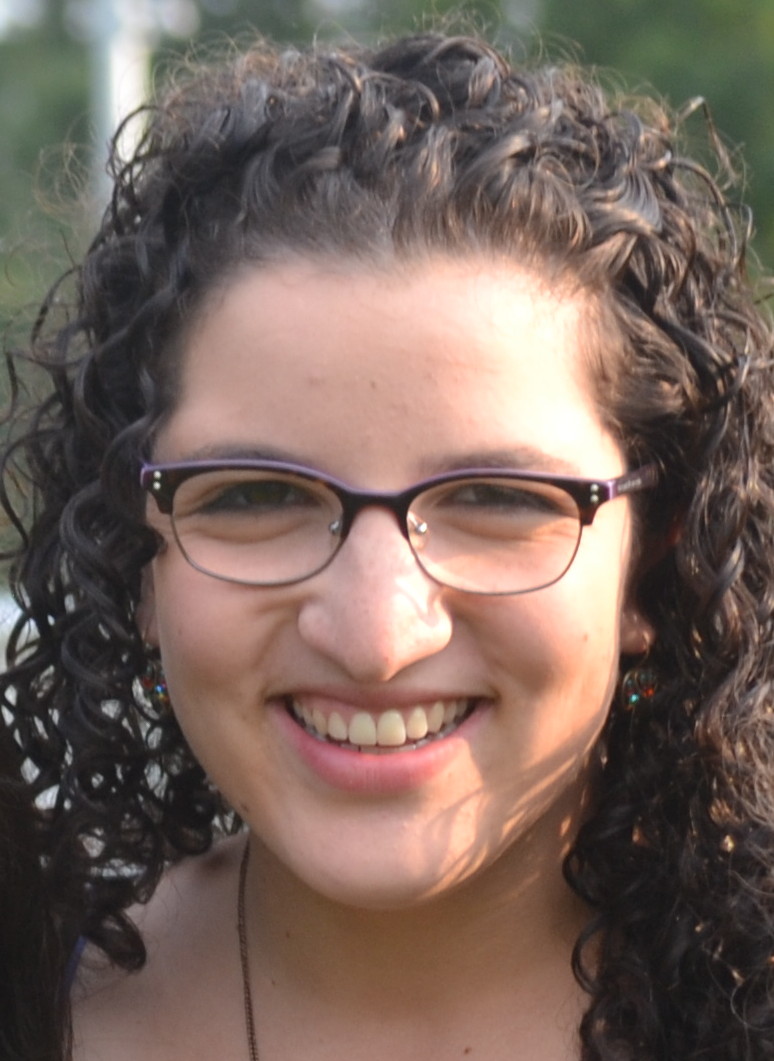Maya Zinkow is a lifelong Ramahnik and three-time Rosh Eidah. She spent a wonderful summer as Rosh Machon 2016 and is in her first year of rabbinic studies at the Jewish Theological Seminary of America in New York City. Reflections on Parashat Vaera by Maya Zinkow
One of the key tenets of Jewish faith centers around the art of listening. Through the declaration of the shema, we commit ourselves to God by way of listening at least twice a day. We are reminded of the important act of listening for God’s oneness as we enter and leave our homes, and each morning as we wrap ourselves in prayer. Shema Yisrael hashem Elokeinu, hashem echad. Listen, children of Israel, hashem is our God, hashem is one. The prayer is a request, a command, a mantra, a meditation, and a declaration of faith. The Shema, which lives in the beating heart of our liturgy and belief system, asks us to listen.
In Parashat Vaera, we watch as humans struggle to communicate effectively, as Moshe’s leadership is hindered and halted by bnai Yisrael’s inability to listen. The parsha opens with God reassuring Moshe that God has heard the cries of the Israelites, followed by a directive for Moshe to relay this message to his constituents. God urges Moshe to tell the Israelites that help is on the way, that they will be freed, and that they will be accepted as God’s people. It is a message of comfort, love, and hope, one that might help Moshe in his new leadership role. Moshe obeys, but his message falls flat:
וַיְדַבֵּ֥ר מֹשֶׁ֛ה כֵּ֖ן אֶל־בְּנֵ֣י יִשְׂרָאֵ֑ל וְלֹ֤א שָֽׁמְעוּ֙ אֶל־מֹשֶׁ֔ה מִקֹּ֣צֶר ר֔וּחַ וּמֵעֲבֹדָ֖ה קָשָֽׁה Vayidaber Moshe ken el-bnai Yisrael v’lo shamu el-Moshe miktzor ruach uma’avodah kasha But when Moses told this to the Israelites, they would not listen to Moses, their spirits crushed by cruel bondage
Rashi, in his explanation of the phrase “miktzor ruach” tells us that when someone is in anguish, breathing comes in short gasps and one is unable to draw long breaths. He describes a sort of immediate, panicked response to oppression. Other commentators, like Ibn Ezra, describe an anguish of spirit, noting that the length of time bnai Yisrael have been enslaved prevents them from truly believing in Moshe’s hopeful message. We can all remember moments when we have been unable to listen, whether because of a physical reaction to a shocking reality or because our souls feel the pain of a moment’s hardship. When this happens, leaders struggle to effectively guide their communities.
The art of listening is difficult, especially in stressful, shocking, or painful conditions. In our community at camp, whether during the summer or in pre-season preparations, we rely on listening as a key component of effective leadership and problem-solving. Our chanichim (campers) need to listen to each other’s needs in order to build peaceful, safe, and joyful living environments. Our madrichim (counselors) need to listen to their chanichim to ensure they feel heard, valued, and loved by their caretakers. Our Rashei Eidah (division heads) need to listen to their madrichim in order to build positive and productive staff cultures, ensuring successful summers for all. And of course, the chain of listening must work in all directions.
In our parsha, God employs an ultimately effective tool for successful leadership: Moshe’s partnership with Aaron. Each brother is able to use his skill set effectively in cooperation and collaboration with the other in order to be heard by the people of Israel. And perhaps given Aaron’s own history as a slave, his appointment as Moshe’s mouthpiece helps the people of Israel themselves feel heard by their leaders. Seeking partners helps us understand ourselves and our communities better, and it is a tool we hold dear at camp, and one that we do well to employ in our ever-changing society. If we can listen to one other person, we can listen to many. And perhaps then, we can truly heed the words of our daily declaration of faith; we can listen, and hear more of God in our imperfect world.






